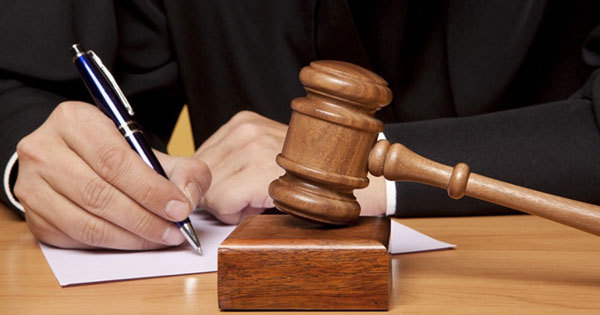Being arrested for an OUI can be a very scary and overwhelming experience. That is why it is so important to have a competent, experienced OUI attorney to represent you in both your administrative process and court process. It is in your best interest to hire an attorney as soon as possible.
INITIAL PROCESS:
After you are arrested, you will be given a Summons which contains a date for you to personally appear in court for your first hearing, which is called an Arraignment, in the county in which you were arrested. If you retain Bowser Law to represent you prior to the Arraignment date, we will file an Appearance on your behalf and waive your appearance at the Arraignment, so you will not have to attend that court hearing. Bowser Law will also request that the Court schedule your case for a Dispositional Conference, which you will need to attend with an attorney from our office.
MAINE – BMV HEARINGS
Shortly after your arrest, you will receive a Notice of Administrative Suspension from the Secretary of State, detailing the statutory grounds for your license suspension. This letter will specify the date that your license suspension goes into effect. You, or your lawyer, may request a hearing on the issue of your license suspension within 10 days of the effective date of your license suspension. If you submitted to a chemical test, your license suspension may be stayed (paused) pending a hearing and determination by the Secretary of State, as long as you or your lawyer requested the hearing within ten (10) days of your license suspension effective date. If you refused to submit to a chemical test, you are not entitled to a stay of your license suspension. A hearing will then be conducted within thirty (30) days of receipt of the hearing request. This hearing is governed by the “preponderance of evidence” evidentiary standard and addresses the following issues: whether the person operated a motor vehicle with an excessive alcohol level, whether there was probable cause to believe that the person was operating a motor vehicle with an excessive alcohol level or under the influence of intoxicants, whether the person was properly informed of the consequences for failing to submit to a chemical test and whether the person failed to submit to the requested test.




